Description
Although Alaska and Hawaii have both been official states of the United States of America for over fifty years, they are still looked at as remote and mysterious and slightly dangerous. Irving Warner has lived in both states, and his fiction reflects not only his deep understanding of these places but also his sincere love and respect for them. In these remarkable stories, Warner introduces his readers to these very different lands.
“The strength of ‘The Lost River Trilogy’ is its realism. It is easy to imagine these characters through the author’s mastery of description. Also, unusual is ‘The Bridge’ connecting these two trilogies. ‘The Island Trilogy’ brings up how humans relate to each other, to their environment and the fluidness of time. In a writing style resembling John Steinbeck, these stories are masterly woven and interact much like the two states themselves. The people’s stories in CROSSING THE WATER are what make this collection both unusual and exceptional.” -Teri Davis
Irving Warner, writer, harmonica artist, retired fish and game biologist, and retired college professor was born in Modesto, California in 1941. He moved to Alaska in 1964 where he stayed until 1996. During that time he worked in fisheries research, with a brief tenure in sea bird studies. Switching careers at the age of 40, he moved into community college teaching, teaching at Kodiak College, University of Alaska, Anchorage system, until 1996 when he took early retirement and took up full time writing. He moved to Washington state in 1996 and then on to Hawaii. He has since moved back to Washington.
Also from Pleasure Boat Studio: In Memory of Hawks, and Other Stories from Alaska (1998); Wagner, Descending: The Wrath of the Salmon Queen (2002); The historical novel The War Journal of Lila Ann Smith (2007)

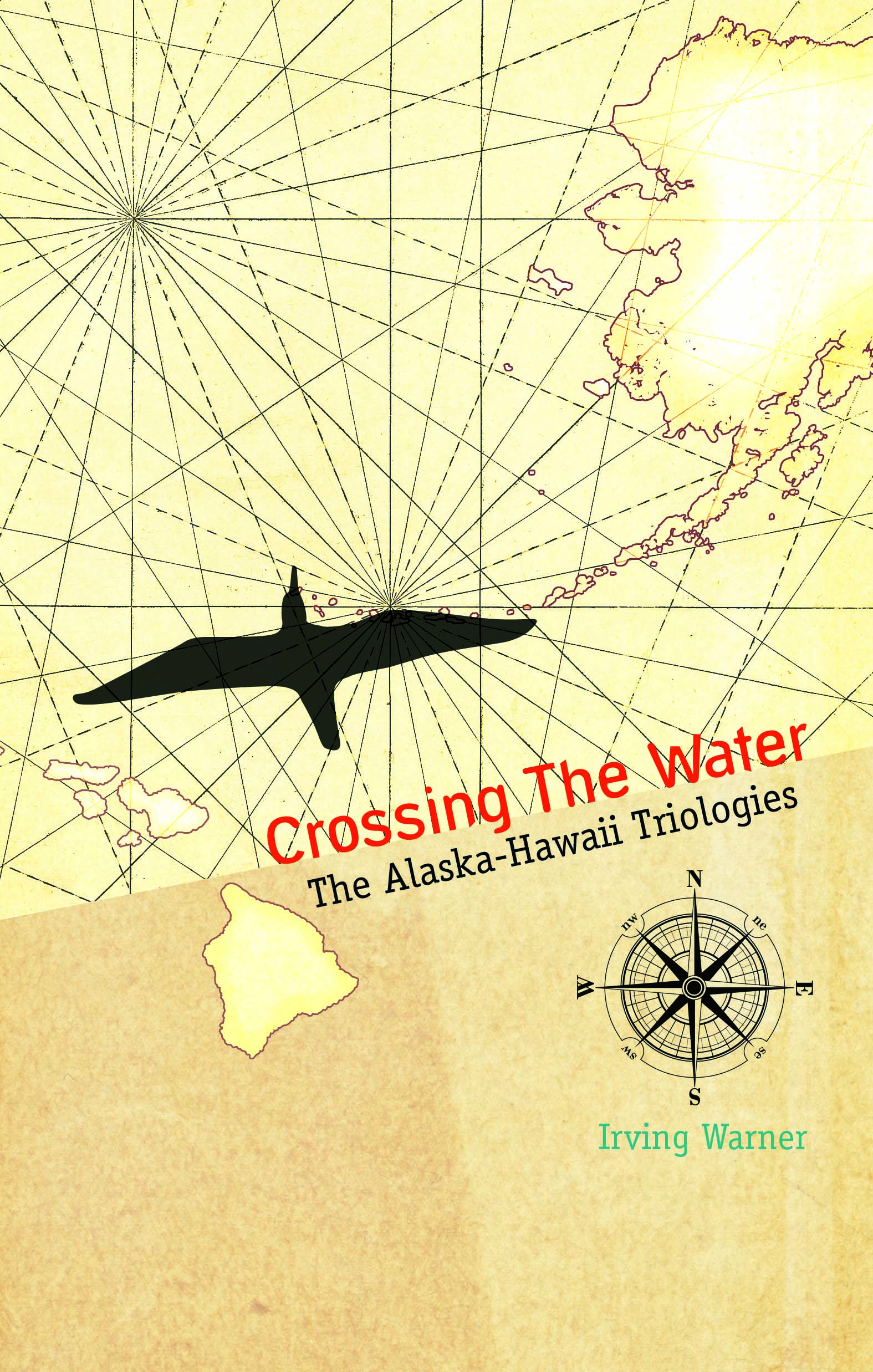
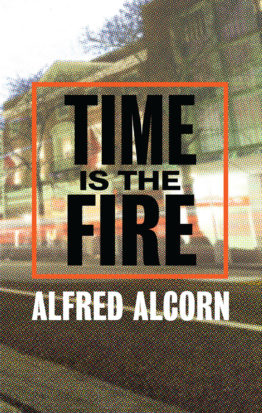
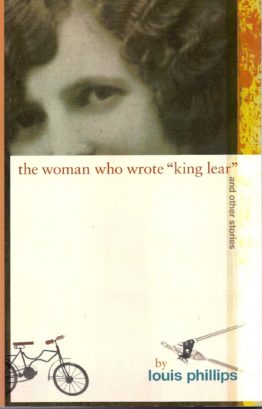
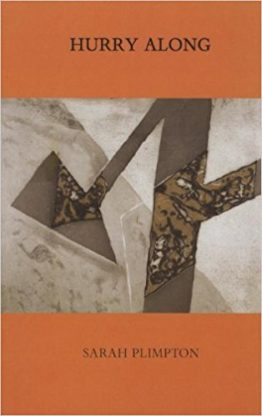
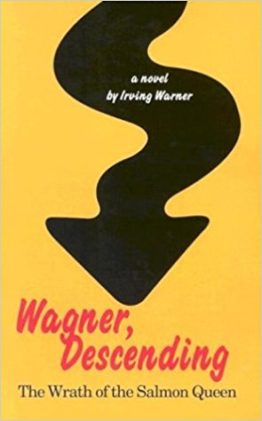
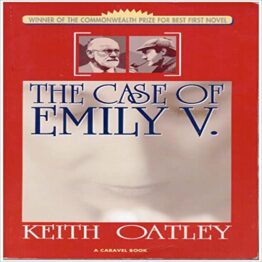





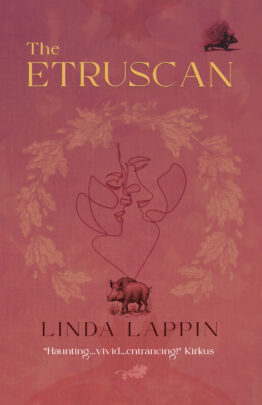

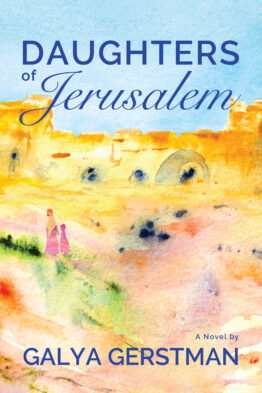
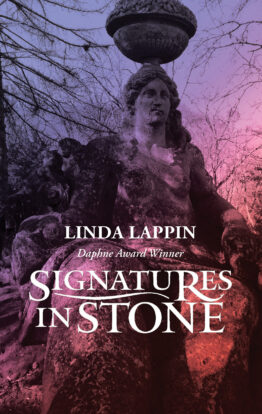
Teri Davis –
Most of us probably possess the misconceptions of life in Alaska or Hawaii. We marvel at the picturesque views without really considering the reality of everyday life in either of these states. We are victims of the media, truly romanticizing our ideals of these disconnected possessions of our country.
With our country celebrating the 50th anniversaries of statehood for Alaska and Hawaii, this short collection shows the realistic aspect of life in both states. This is definitely not a glamorous description in either setting.
“The Lost River Trilogy” is about living in the remote areas in Alaska and the people who live there year-round. These people seem to fall into two categories, those who are hiding from a past and those who prefer to be isolated from the general population. Also, the realism of life during the unfrozen times of the years is not that appealing after you read this set of three related stories.
The strength of “The Lost River Trilogy” is its realism. It is easy to imagine these characters through the author’s mastery of description. The actions are all too vivid at times. People do not always show their best aspects. Also, unusual is “The Bridge” connecting these two trilogies.
“The Island Trilogy” is different in that the focus is not on what people normally see or think about when visiting Hawaii. The reality of life, or survival, brings up how humans relate to each other and to their environment and the fluidness of time.
Irving Warner has an eclectic background and actually has lived in both Alaska and Hawaii.
In a writing style resembling John Steinbeck, these stories are mastery woven and interact much like the two states themselves. The people’s stories in CROSSING THE WATER are what make this collection both unusual and exceptional.